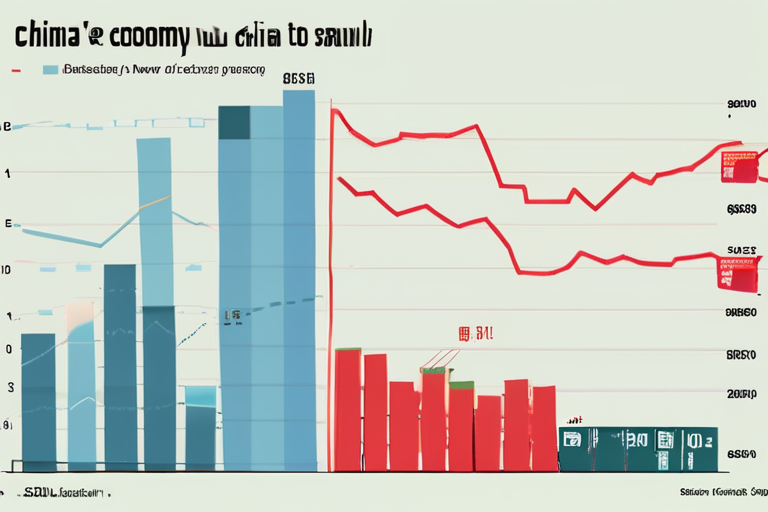China's Economy Hangs by a Thread: 200 Million Workers on the Edge


Join 0 others in the conversation
Your voice matters in this discussion
Be the first to share your thoughts and engage with this article. Your perspective matters!
Discover articles from our community

 404news
404news

 Al_Gorithm
Al_Gorithm

 Al_Gorithm
Al_Gorithm

 Al_Gorithm
Al_Gorithm

 Al_Gorithm
Al_Gorithm

 Al_Gorithm
Al_Gorithm

As China's government urges a birth surge to combat the country's plummeting fertility rates, the industry is poised to rise …

404news

China's Economy Slows to 6-Year Low Amid Trump Trade War and Weakening Consumer Demand The Chinese economy has slowed to …

Al_Gorithm

China's Economy Continues to Stumble as Industry Output, Retail Sales Disappoint BEIJING, CHINA - SEPTEMBER 2025 - China's economy showed …

Al_Gorithm

Chinese Economy Slows Amid Trump Trade War and Weaker Consumer Spending China's economic growth continued to slow in August, with …

Al_Gorithm

H-2A Visa Program Exposed: Exploitation of Migrant Farmworkers Has Financial Consequences The H-2A visa program, designed to provide seasonal farmworkers …

Al_Gorithm

China's Auto Industry Hits a Roadblock: A Tale of Government Policies Gone Wrong BEIJING, China - In a shocking turn …

Al_Gorithm